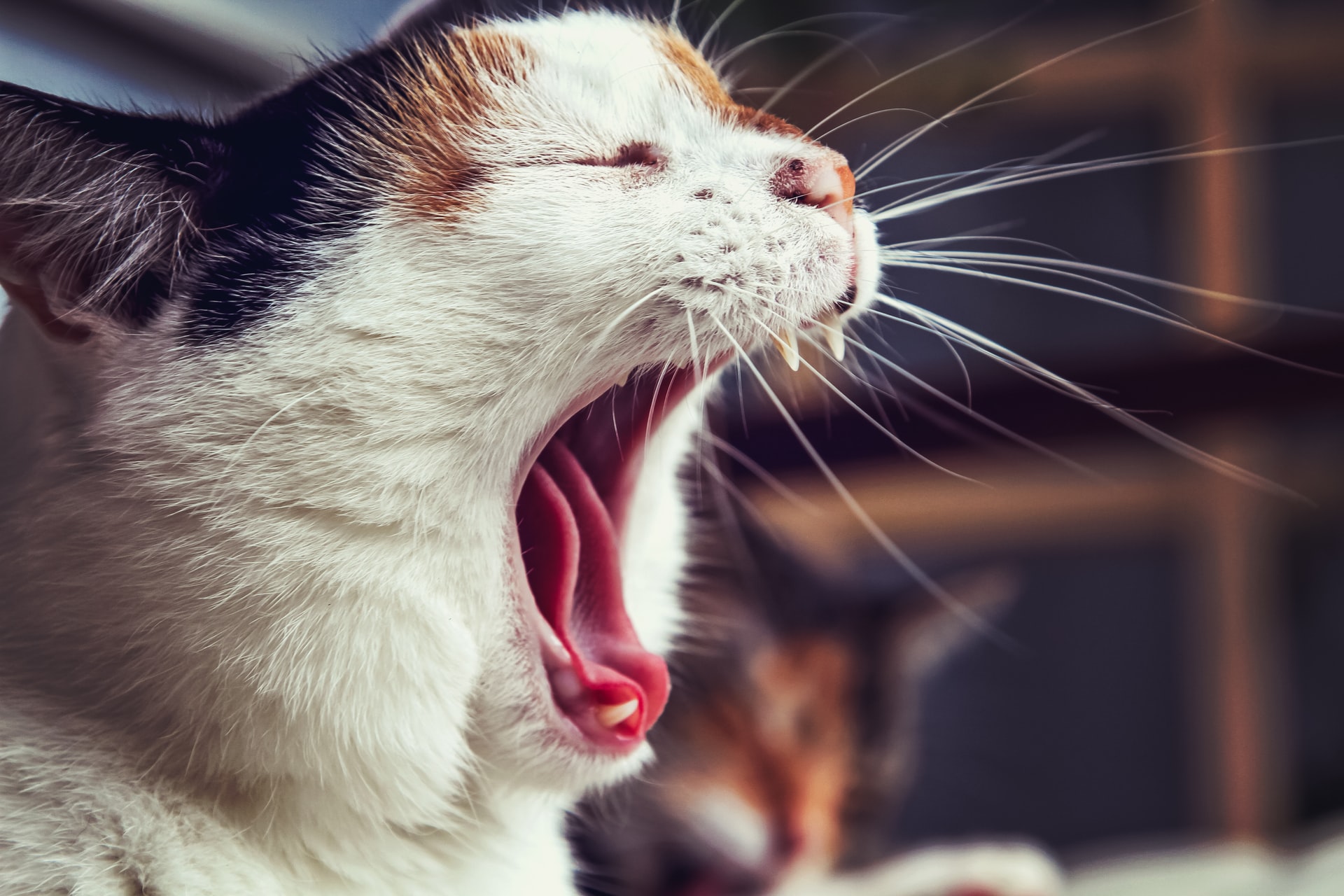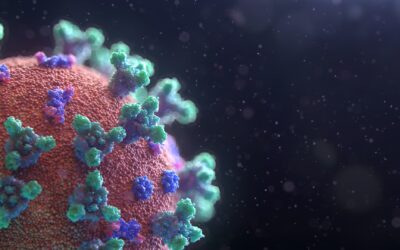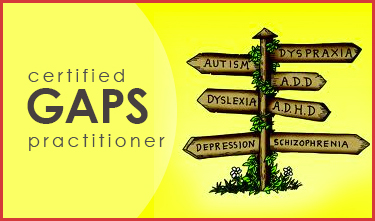There is, however, another phrase that rings even truer in my experience: You can’t out-eat your bad sleep.
In the health and wellness pyramid, sleep should be at the very bottom, supporting diet, exercise, stress management, and every other effort to become healthier. Mind you, sufficient, deep, repairing sleep is virtually impossible when eating a crappy diet. But no matter how clean your diet is, if you deny your body high-quality sleep, you are robing yourself of health.
A whole lot of activity happens during physical inactivity — get it? Hormones get rebalanced, damaged tissues get repaired, the effects of chronic stress get corrected, heavy emotions get processed, AND white blood cells (your immune system army) get restocked.
So, in light of this virus that has changed the world, I thought I’d tell you a little bit about the role of sleep in infectious disease [1] and then discuss some of the reasons why you might not be getting that very needed therapeutic sleep. Ready?

Sleep and infectious disease
Have you had the experience of being sick and having no energy to do anything except sleep? Have you ever “slept a cold away”? You might have an awareness that there’s a connection between sleep and disease recovery, but you might not know just how literal the connection is.
Natural sleep has an important role in regulating the systems in charge of immune cell distribution and the production of inflammatory cytokines (immune system regulating proteins). Sleep disturbances alter inflammatory responses significantly.
During sleep, the nervous system regulates at least two mechanisms that mediate changes in inflammatory and antiviral immune responses:
- Cortisol. A super powerful hormone produced in the adrenal glands, cortisol has a long list of duties including immune regulation. Cortisol regulates gene expression of immune cells and inhibits inflammatory and antiviral immune response genes. But when sleep is consistently disturbed, the adrenal glands become overreactive and the suppression of pro-inflammatory genes doesn’t occur properly, leading to reduced immunity.
- Sympathetic-parasympathetic nervous systems unbalance. Not surprisingly, it is during deep sleep that the deepest shift from sympathetic to parasympathetic nervous system activity happens. In other words, it is only during deep sleep that your mind truly lets go and your body functions without being conditioned by the stress response. This parasympathetic nervous system activity includes the regulation of inflammatory biomarkers. Lack of sufficient deep sleep over long periods of time causes chronic dysregulation that affects not only immunity but also the nervous, circulatory and digestive systems.
What does proper sleep looks like?
In the rarified world of great sleepers, people fall asleep easily within a few minutes of going to bed, sleep deeply through the night, wake up naturally without alarm clocks, feel rested and ready to tackle the day within a few minutes of waking up, never need caffeine or other stimulants, and have enough energy to last their normal day until the early evening when the body starts to slow down in preparation for bed.
In my experience, well-slept adults are a rare kind. Our modern lifestyle doesn’t value sleep, which somehow has a reputation of being “uncool.” “You can sleep when you die!” I’ve heard more than once.
We also live in environments that are the exact opposite of sleep-friendly. Saturated with lights, noises and distractions, and fueled up with plenty of sugar, caffeine and other stimulants, most of us spend years trying to — or forced to — sleep as little as we can get away with. By the time we start noticing the negative effects of chronic lack of sleep — if ever — a whole lot of dysregulation has taken place already and sleep has become truly very difficult even when we want to embrace it. The pursue of high-quality sleep — as is the case with health and wellness in general — is a counter-cultural act that requires humility, acceptance of the human condition — you need to sleep and there’s no way around it! — and the understanding of the deep disconnect between the lifestyle we learn to be desirable and one that is good for the body.
Why, then, can’t you sleep well?
The answer to that question is unique to each person. We know though that insomnia is rarely not the result of the lifestyle we lead. For most of us, genetics don’t influence sleep directly in a negative way.
Sleep is affected by:
- Diet. We need enough nutrients — particularly amino-acids — in order to make the neurotransmitters we need to fall sleep and stay asleep. We also need an appropriate level of glucose, which is unique to each person.
- Dehydration. Proper electrolyte balance is necessary for healthy nervous system activity and, therefore, for healthy sleep. Dehydration also leads to dryness in the mouth and nasal passages, which sets you up for snoring.
- Digestive health. Hypochlorhydria (insufficient stomach acidity), gut dysbiosis, intestinal permeability, and every other digestive malfunction can play a role in an inadequate supply of nutrients and, therefore, could affect sleep.
- Specific nutrient deficiencies. Particularly magnesium, which is the most common nutrient deficiency all around.
- Medications. Plenty of medications can affect sleep as a consequence of the unnatural manipulation of the body’s biochemistry [2].
- Lack of alignment with your circadian rhythm. Humans, like every other animal, have a circadian rhythm set by the pace of the sun (this is why sleep is so much harder for people who work at night!). Not being exposed to enough natural light during the day, not going to bed early enough — before 10pm for most people, exposure to unnatural lights in the evening — yes, from artificial lighting and all those screens we use — all affect our ability to fall and stay asleep.
- Stimulants. As you well know, including but not limited to caffeine, alcohol, nicotine, marijuana, and other recreational drugs.
- Physical activity. Not enough movement affects sleep, but so does too much.
- Mouth breathing. Sleep apnea of course affects sleep big time. But simple mouth breathing that doesn’t qualify as apnea affects the quality of sleep dramatically as well. Fellow mouth breather, I tell you, fix this problem and you will become a brand new person!
- Inappropriate stress management.
How can you fix your sleep?
The good news is that sleep hygiene — preparing yourself and your bedroom for healthy sleep — can really go a long way toward improving the quality of your sleep. I’m not going to write about this, as there are plenty of good resources on the topic[3].
If you have sleeping issues that persist despite practicing good sleep hygiene, there are supplements and herbs to consider, depending on the situation. These should be used transitionally — no one should be taking melatonin for years on end. Use them with the oversight of a knowledgeable professional who is helping you understand and address the root causes of your insomnia.
These include:
- Melatonin – 0.5mg-5 mg to fall asleep and/or 5-20 mg time released melatonin to stay asleep.
- 5-HTP – 100-200 mg 1 hour before bedtime — this is contraindicated for people taking an SSRI or SNRI (or other serotonin-enhancing) antidepressants or sleep medications.
- Taurine – 500-2000 mg 1 hour before bedtime.
- Magnesium – 200-400 mg is a typical dose.
- To decrease nighttime cortisol or stress consider using ashwaganda, holy basil, valerian, or other calming herbs.
There you have it! I hope you are now motivated to regain healthful sleep. I confess I am still in this journey myself, as I habitually don’t want to go to bed on time and oh boy, now that I know how much I could be harming my body by depriving it of sleep, I really have no excuse not to change that behavior.
How’s your sleep? Are you struggling with something in particular? I’d love to hear from you in the comments!
[1] To be clear, there are no studies yet on the effects of sleep on Covid-19 specifically, but we can talk about sleep and infectious disease in general with a lot of confidence.
[2] 11 Medications That Can Cause Insomnia and What You Can Do About It
[3] Good Sleep Hygiene May Help Protect Against Infectious Diseases

About Andrea
I am a functional medicine health coach and a therapeutic diets chef and my mission is to help you feel great in your physical body so that you can focus on living the life you want.
Since 2005 I've been dedicated to the study and practice of nutrition, wellness and functional medicine principles, which I translate into a customized practice for you. Think of me as a project manager. The project? YOUR freedom from chronic dis-ease.









0 Comments